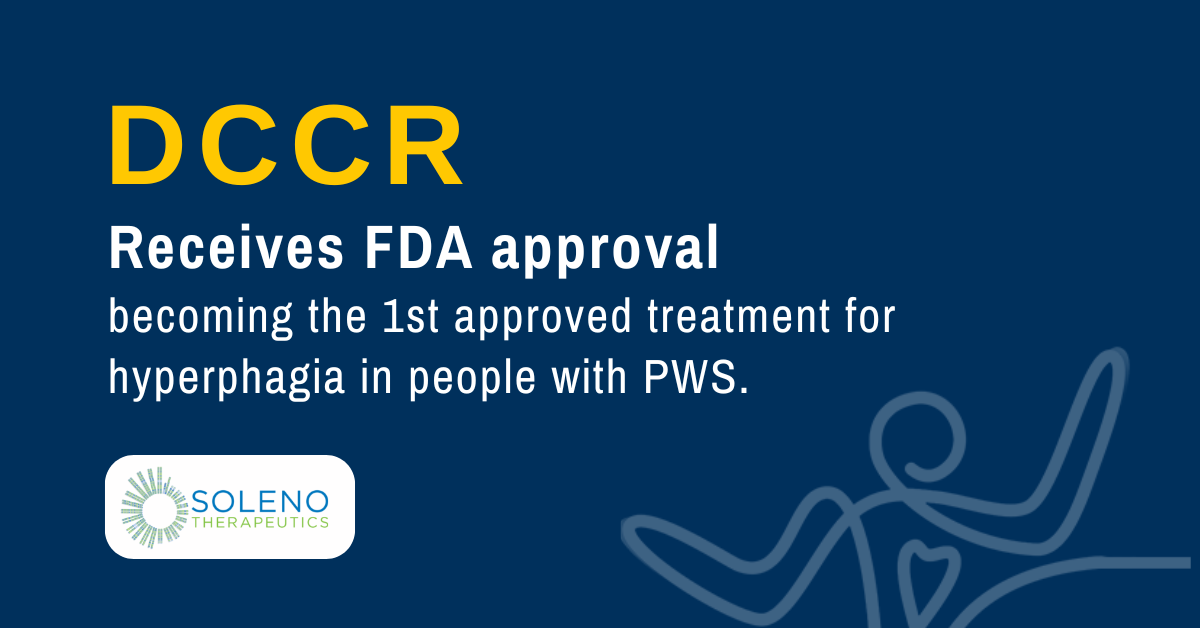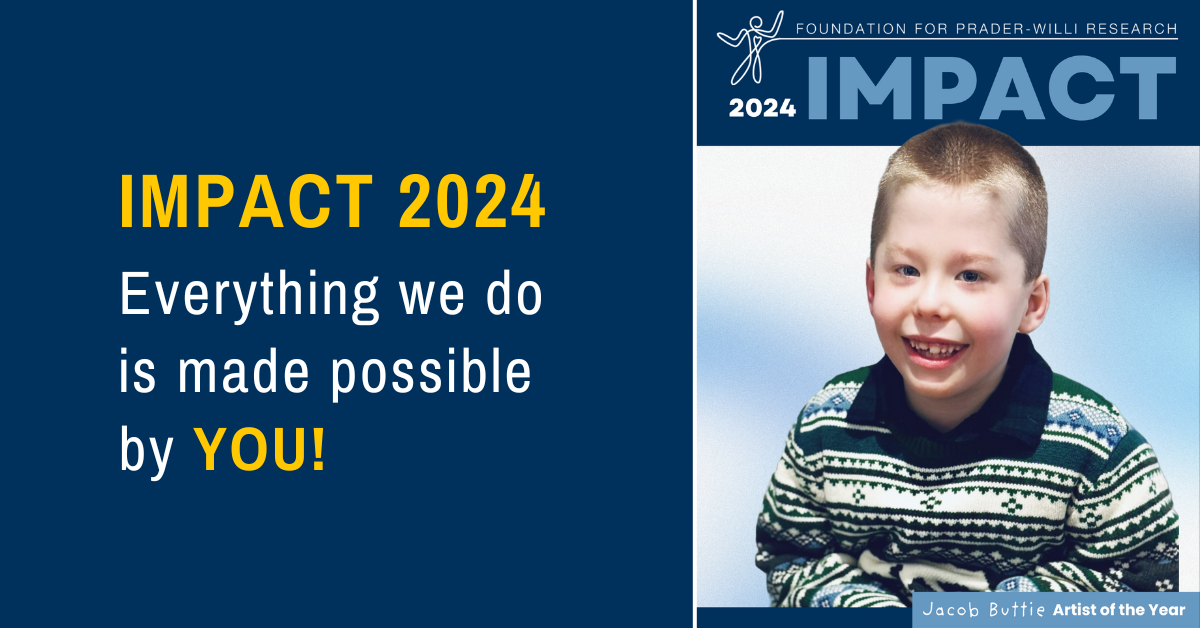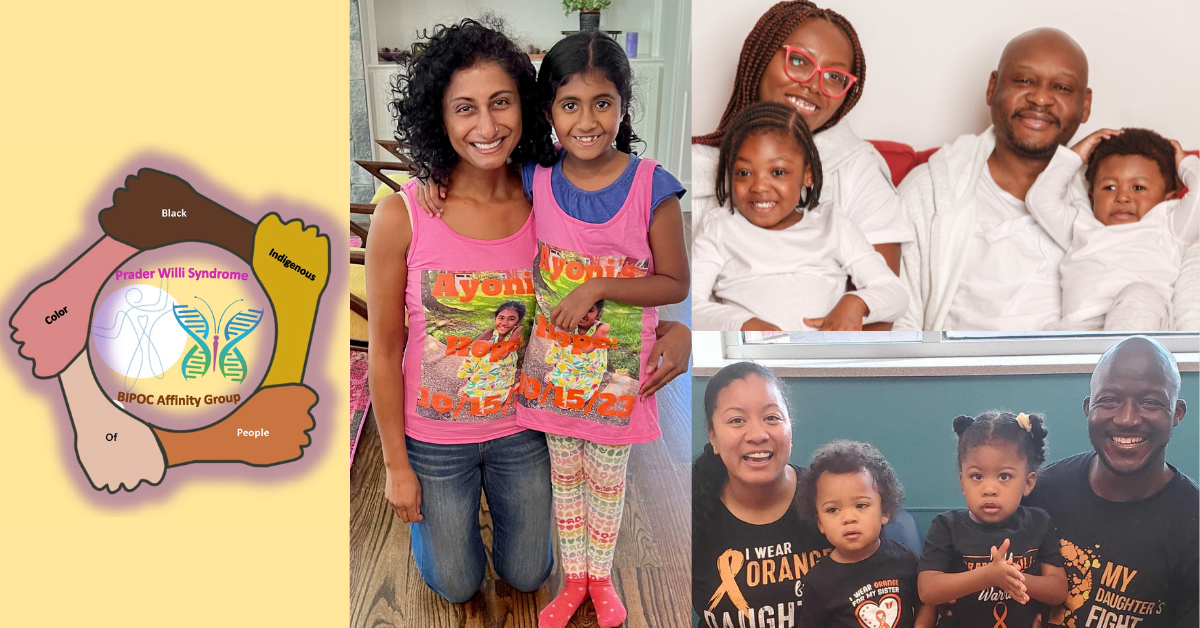FPWR
Recent Posts
We are thrilled to share that the FDA has approved the first treatment for hyperphagia (excessive hunger) in individuals with Prader-Willi syndrome (PWS). VYKAT XR (previously referred to as DCCR) is now approved for adults and children 4 years of ag...
FPWR is pleased to announce the launch of the Global Schaaf-Yang Syndrome Registry, an online registry for individuals with Schaaf-Yang syndrome (SYS) and their parents/caregivers.
Topics: SYS
Everything we do is made possible by you—our dedicated supporters and partners on this journey. Since 2003, FPWR has been committed to finding and funding the most promising research to advance treatments for Prader-Willi and Schaaf-Yang syndromes. T...
Harmony Biosciences recently interviewed three families about their experiences with Prader-Willi syndrome (PWS), excessive daytime sleepiness, and school.
When Karine’s son, Olivier, was diagnosed with Prader-Willi Syndrome (PWS), she searched for something beyond medical information—she was looking for people who looked like him. She wanted to see a future for her child, one that felt familiar and hop...
Topics: Parents, Partners, PWS People, Advocacy
The Foundation for Prader-Willi Research (FPWR) is excited to announce key updates to its board leadership and membership for 2025. With these changes, FPWR continues to prioritize its mission of eliminating the challenges of Prader-Willi syndrome (P...
On February 7th, the National Institutes of Health (NIH) announced a drastic, immediate reduction in overhead funding for universities, medical centers, and research institutions—cutting indirect costs to a flat 15% rate. This significant reduction j...
Aardvark Therapeutics achieved a major milestone last week by launching its initial public offering (IPO) and joining the NASDAQ as a publicly traded company (ticker symbol AARD). This marks an exciting step forward for Aardvark and for the entire Pr...
Individuals with PWS often exhibit rigidity, obsessive-compulsive tendencies, emotional outbursts, as well as unusual thoughts and behaviors. However, the onset and severity of these behaviors vary among individuals with PWS depending on age, genetic...















